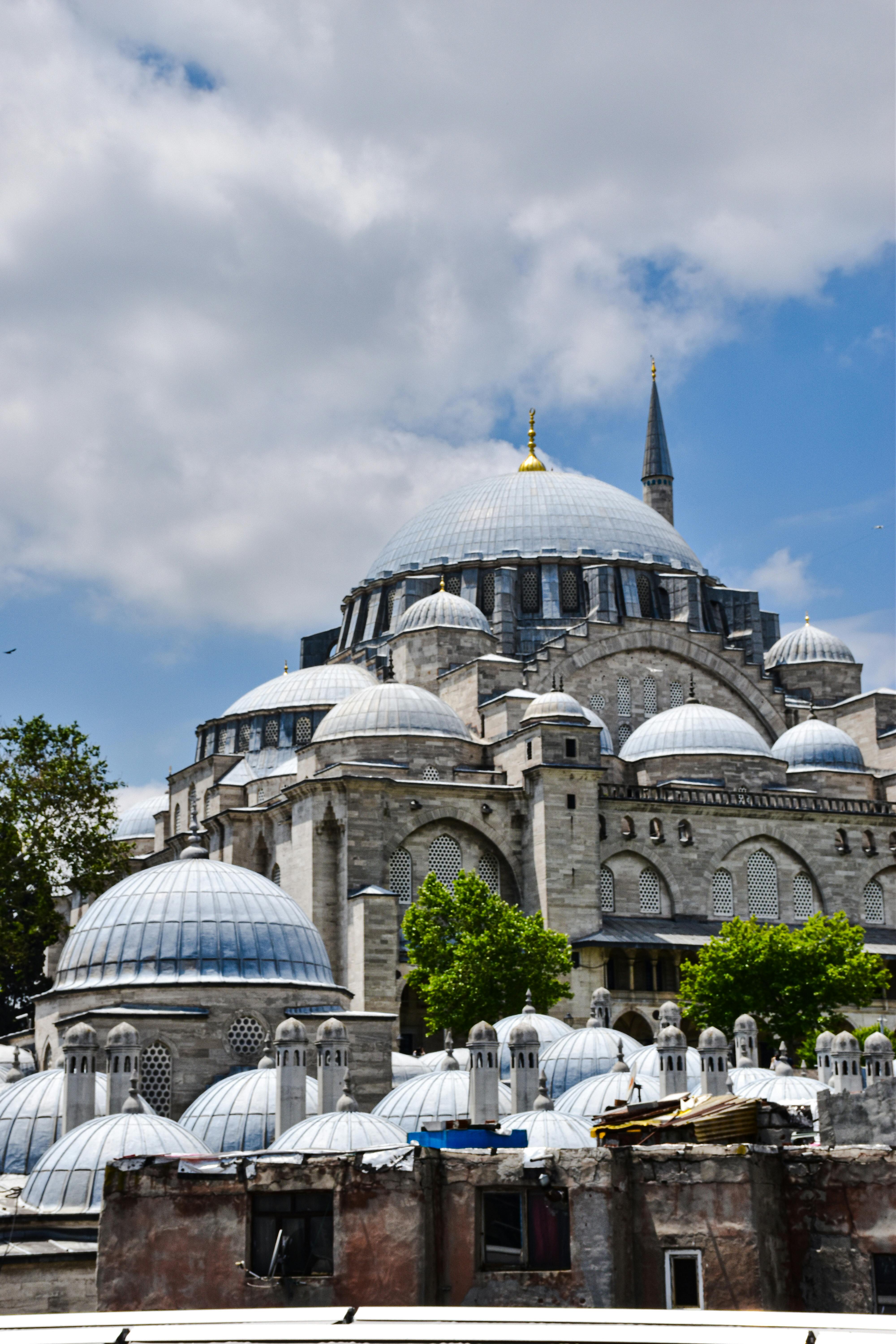A Historic Turning Point: Turkey Welcomes PKK's Move Toward Disarmament
What does the recent announcement by the Kurdistan Workers' Party (PKK) mean for Turkey's long-standing conflict? Why is this development being hailed as a potential turning point in Turkish politics? How might this shift impact regional stability and peace efforts? These questions are at the forefront of discussions as Turkey cautiously welcomes what could be a transformative moment in its decades-long struggle with the PKK.
The PKK's Announcement: A Step Toward Peace?
The PKK, designated as a terrorist organization by Turkey, the EU, and the U.S., recently signaled a willingness to move away from armed struggle. This unexpected shift has been met with cautious optimism by Turkish officials, who view it as a potential breakthrough in resolving one of the country's most protracted conflicts. The group's statement emphasized a new phase focused on "political struggle" rather than violence, raising hopes for a peaceful resolution.
Historically, the PKK has fought for Kurdish autonomy since 1984, resulting in tens of thousands of casualties. The announcement marks a significant departure from its previous stance, suggesting a possible alignment with Turkey's recent efforts to address Kurdish grievances through political and economic reforms.
Real-world example: Similar disarmament processes, such as the IRA's decommissioning in Northern Ireland, demonstrate how militant groups transitioning to political engagement can lead to lasting peace. However, the success of such initiatives depends on mutual trust and comprehensive dialogue.
Turkey's Response: Cautious Optimism
Turkish leaders have responded to the PKK's statement with measured optimism. President Recep Tayyip Erdoğan's government has emphasized the need for "concrete actions" rather than words, reflecting the deep-seated skepticism born from years of conflict. Ankara has long maintained that the PKK must lay down arms entirely before any meaningful negotiations can occur.
This cautious approach is understandable given past failed peace attempts, such as the 2013-2015 ceasefire that collapsed amid renewed violence. However, the current geopolitical climate, including shifting alliances in the Middle East and economic pressures, may provide a unique window for reconciliation.
Practical application: Turkey's multi-pronged strategy—combining military pressure, political outreach, and socio-economic development in Kurdish-majority regions—could serve as a model for other nations dealing with insurgent groups.
Regional Implications: A Ripple Effect
The PKK's potential disarmament carries significant implications beyond Turkey's borders. The group has affiliates in Syria (PYD/YPG) and Iraq, where it operates military bases. A peaceful resolution in Turkey could either stabilize or destabilize these neighboring regions, depending on how the transition unfolds.
For instance, Syria's Kurds might feel pressured to negotiate with Damascus if their cross-border support from the PKK diminishes. Conversely, a successful peace process could inspire other Kurdish movements to pursue political solutions over armed struggle.
Case study: The 1999 capture of PKK leader Abdullah Öcalan led to a temporary decline in violence but failed to achieve lasting peace. This highlights the importance of addressing root causes—such as cultural rights and regional disparities—rather than relying solely on military or symbolic victories.
Challenges Ahead: Roadblocks to Reconciliation
Despite the hopeful signs, numerous obstacles remain. Hardliners on both sides may resist compromise, and the PKK's decentralized structure could lead to splinter groups continuing violence. Additionally, Turkey's domestic politics, including nationalist opposition to concessions, could hinder progress.
Another critical challenge is ensuring that any agreement includes mechanisms for justice and accountability for past atrocities, which victims' families on both sides demand. Without addressing these grievances, a sustainable peace will be difficult to achieve.
Example: Colombia's peace deal with FARC guerrillas in 2016 shows how comprehensive agreements—including transitional justice and reintegration programs—are essential for long-term success.
International Community's Role: Facilitator or Bystander?
The U.S. and EU have vested interests in seeing the conflict resolved, given Turkey's NATO membership and the refugee crisis linked to regional instability. However, their involvement is a double-edged sword; while they can provide mediation support, perceived foreign interference could fuel nationalist backlash in Turkey.
International organizations like the UN could play a neutral role in monitoring disarmament and facilitating dialogue, as seen in other post-conflict regions. Economic incentives, such as EU aid for development projects in southeastern Turkey, might also encourage compliance.
Practical step: A coordinated international approach, similar to the 1995 Dayton Agreement that ended the Bosnian War, could help balance the competing interests of local and global stakeholders.
Conclusion: A Fragile Hope
The PKK's recent move offers a glimmer of hope for ending one of the world's most enduring conflicts. While the path to peace is fraught with challenges, the alternative—continued violence—is untenable for all parties. Turkey now stands at a crossroads, where bold leadership and inclusive dialogue could transform this "historic turning point" into a lasting resolution.
The coming months will be critical in determining whether this announcement marks the beginning of a new era or merely another pause in a cycle of conflict. One thing is certain: the world will be watching closely.






